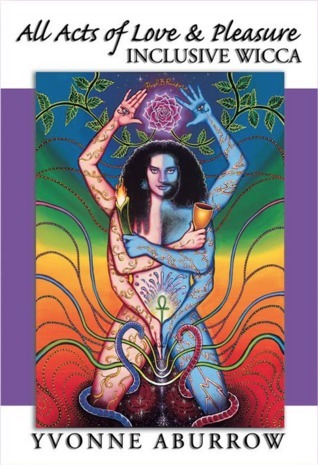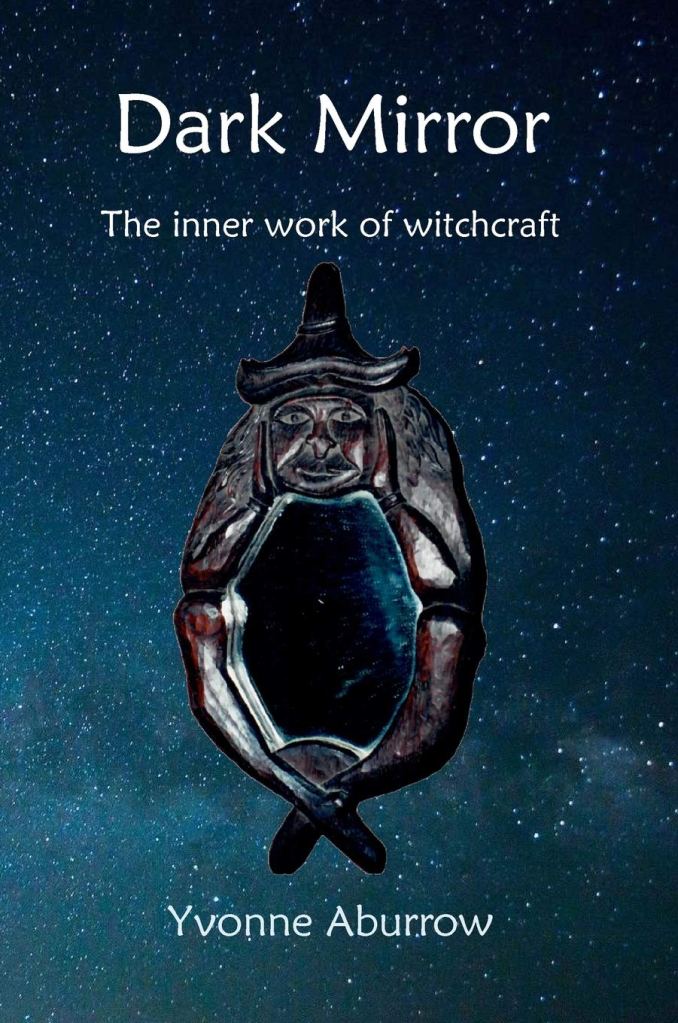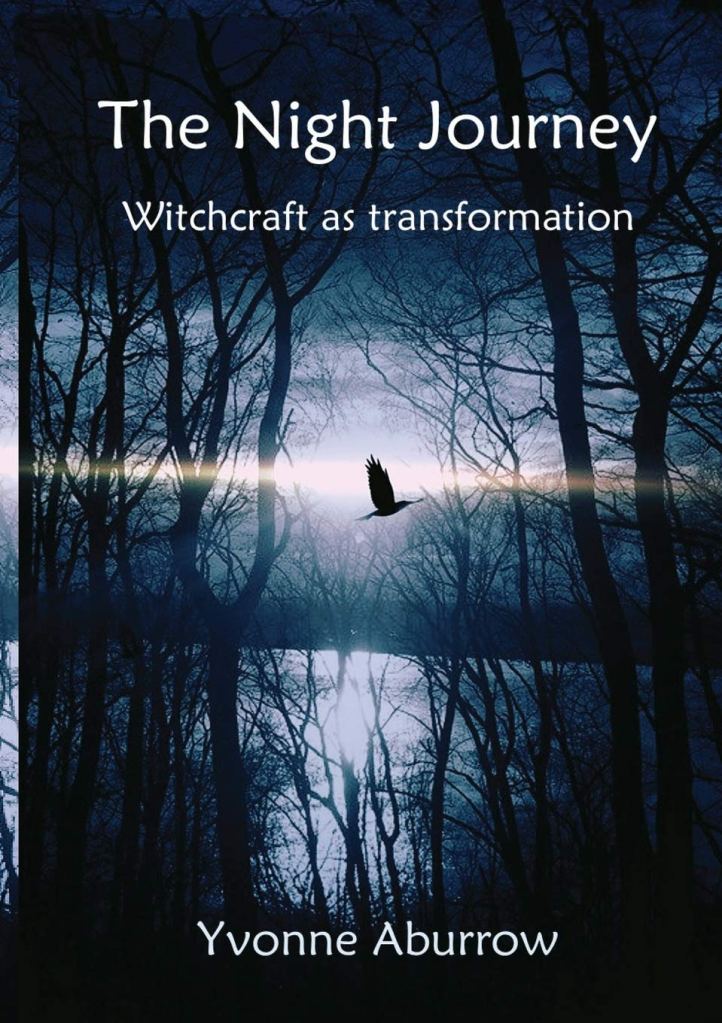Oddly enough, the first two books that I read involved faeries (not for any particular reason). And two were set in Oxford.
The Book of Dust Part 2: The Secret Commonwealth, by Philip Pullman
The world of the new Philip Pullman series (The Book of Dust) is somehow more like our world than the previous one (His Dark Materials). Interestingly, Lyra’s Oxford has almost exactly the same street plan as the Oxford in our world. This seems a little odd for an alternative reality; but it is very useful if you know Oxford well (which I do, having lived there), as you can visualize the action in the streets and along the river.
In this book, the power of the Magisterium is more fragmented into factions than was apparent in His Dark Materials. It’s still just as sinister.
There’s also a lot of commentary on two books that Lyra has been reading. One appears to be somewhat postmodern and relativist, denying that anything has meaning; the other is written by an arch-rationalist, and denies the reality of daemons. Naturally Pantalaimon, Lyra’s daemon, disapproves of this book, and is very offended by Lyra’s fascination with it.
The whole plot as it relates to daemons is very interesting and in many ways, the most enjoyable aspect of the book. It’s a very good read, but somehow the style is a little flat, not as gripping as his earlier stuff. I still enjoyed it though, and it was great to see the Gyptians again, and some of the other characters who return in this book.

Strange Terrain, by Barbara Rieti
I very much enjoyed Rieti’s Making Witches, which I read in November. This book is equally fascinating. She went around Newfoundland gathering these stories in the 1980s. I wonder if there are as many stories of faeries now as there were then, but apparently each generation says that the previous generation believed in faeries more strongly than they did, and yet the beliefs do survive, so perhaps rumours of their demise are exaggerated. I can’t help wondering if the reason Newfoundland has so many manifestations of the fair folk is because it’s haunted by the Beothuk.
One of the things that I enjoy about Rieti’s books is that there are a lot of verbatim transcriptions of the stories, as well as comparisons with other folklore traditions. There is also sociological analysis of the likely reasons for the persistence of the stories.

The Children of Men, by PD James
This is a very strange and very disturbing book. It’s brilliantly written and will haunt you long after you’ve finished it. The premise is that in 1995, all men suddenly became sterile and unable to produce viable sperm, so no babies are born after that time. It’s never explained why this has happened, but then probably no-one in the world of the book actually knows. The book is set in 2020. It contains very clever use of Christian symbolism and ritual, and strange inversions and corruptions of them.
The first half is utterly bleak. Everyone believes that those currently alive are the last generations of humanity, and society has changed completely as a result. The most disturbing thing is the Quietus, a form of mass euthanasia (though as the “eu-” prefix means happy, I think I would just describe it as thanasia – there’s nothing happy about it). The other thing that’s disturbing is the use of dolls and kittens as a substitute for babies. And the Omega generation, who are like the characters from A Clockwork Orange on steroids. A sense of futility pervades everything. The second half is slightly more hopeful, but the ending suggests that absolute power will corrupt absolutely, as it tends to do.
The first half of the book is set in Oxford so there are scenes in Binsey, Port Meadow, the High Street, and around the Ashmolean. This added to the weirdness because it made it very easy to visualize the action.

The House of Four Winds by John Buchan
Not his finest work, and pervaded with Tory and monarchist values, but we get to see wee Jaikie from the Gorbals Diehards (who made his first appearance in Huntingtower) all grown up, which is fun. Huntingtower is a much better novel, though. The House of Four Winds is the third in the Dickson McCunn trilogy; the second book, which I haven’t read, is Castle Gay (which is not nearly as much fun as it sounds). The House of Four Winds was not well-received by the critics when it was published, and I am not surprised. I do like the character of Alison Westwater, though. The novel also contains the trope of the small European kingdom struggling to manage its own destiny in the face of history, which seems to have been popular around the time Buchan was writing this (the same theme appears in Frances Hodgson Burnett’s The Lost Prince).
If you enjoyed this post, you might like my books.



Good to hear that you are reading Buchan. Despite the issues that a modern reader can find in Buchan, which you mention, he remains one of the great story tellers, with a robust attitude to life which is very cheering.
LikeLiked by 1 person
Yes, I think it’s the robustness which appeals to me. But in the case of The House of the Four Winds, you have to have really loved Dickson McCunn and wee Jaikie to persevere with the sequel (even the critics of the 1930s panned it).
LikeLiked by 1 person
I remember enjoying it when I was a teenager. In recent years, I have reread and enjoyed all the Richard Hannay books. I am also really enjoying the British Library reissues of many classic crime stories from the thirties and forties. I always enjoy reading your book round ups and I saw a while ago that we also have a mutual regard for Robertson Davies. I reread his books every five years or so.
LikeLiked by 1 person
Yes I really like 39 Steps and Greenmantle.
Hurrah for Robertson Davies. I reread him every few years too.
I also really like AS Byatt and Iris Murdoch. I picked up a new Murdoch the other day so I will probably read it next.
LikeLiked by 1 person
Happy reading! I have just started a book I think I am going to enjoy a lot: The Portable Veblen by Elizabeth McKenzie.
LikeLiked by 1 person
I’ll check it out 🙂
LikeLiked by 1 person
I just remembered that I recently read an A.S. Byatt called The Golden Child. A very clever and unusual book. Also very sad.
LikeLiked by 1 person
Not read that one. I think my favourite is Possession. The Frederika series is very good too.
LikeLiked by 1 person
I haven’t read the Frederika series. Thanks. I shall have a look at those.
LikeLiked by 1 person
I don’t know if that’s their official series title but the first one is “The Virgin in the Garden”, and there’s “Babel Tower”, and I think “A whistling woman” is part of the series too.
LikeLike
I haven’t heard of the new Philip Pullman book, The Book of Dust. It sounds interesting. I will have to pick it up to read it.
LikeLiked by 1 person
If you liked the “His Dark Materials” trilogy, I think you’ll enjoy “The Book of Dust”. There are two in the series so far: “The Book of Dust”, and “The Secret Commonwealth”.
LikeLiked by 1 person